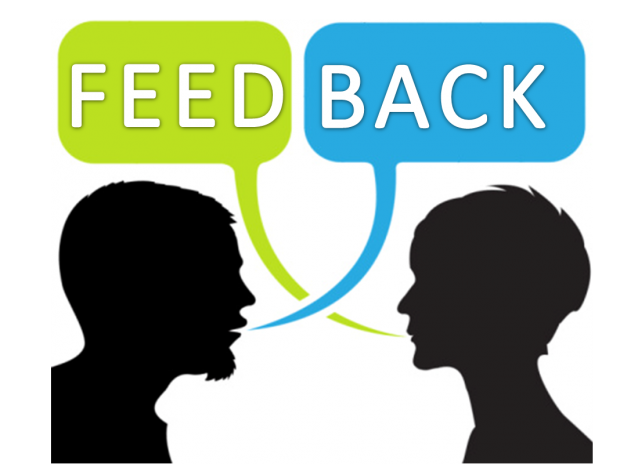
For the readings this week, I seemed to pick up on more of the ideas in the first one I read by Jaxon about approaches to guiding peer response. I feel as though I connected with the language of this article more because it shares many of the same ideas as my place of work… the writing center. I also found a great deal of myself in reading about the reasons student’s like peer responses in class. The characteristics of a peer response is basically what I do as a coach in the writing center, but being able to look at how someone else did a particular assignment was the main reason why I enjoyed peer response. There are some disadvantages in peer response because not every student always gives the most thoughtful and well developed responses to their peers even with prompts and pre-generated questions. Also, being able to really know the ins and outs of one’s own work and what one would like to see in terms of a response requires a great deal of reflection first and foremost on the writer’s part, which is something the student’s didn’t seem to make time for in the author of the article’s class.
As for the second article, I am not too sure why I couldn’t concentrate, but it was very hard for me to get into the reading. I didn’t really understand what I was reading most of the time. I began to connect with the reading a little more when Yancey introduced Donald Schon. I really liked the way he suggested that reflection is rhetorical because it is definitely true. In order to help others to understand and respond a certain way to one’s work, one has to know their own work. I enjoyed reading about his three types of reflection. The way that I understood each of them was as follows: reflection-in-action is like revising as one goes along. For example, if I were to be in the process of writing the paper, I would also be reflecting as I wrote and changing things as well. Constructive Reflection seems like one taking their own work and crafting it, but then setting time aside to actually engage in the revision process separately, which, to me, makes the process somewhat more objective. Reflection-in-presentation sounds like having one’s work in the presence of others and using that context to begin to reflect and explain what one’s work is and does. I am not too certain yet if I trust the notion that reflection-in-action works together and well with constructive reflection, but I will have to read the article over to make a more solid and evidence-backed statement.